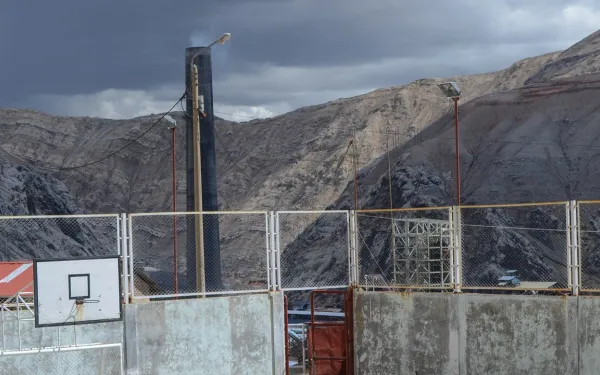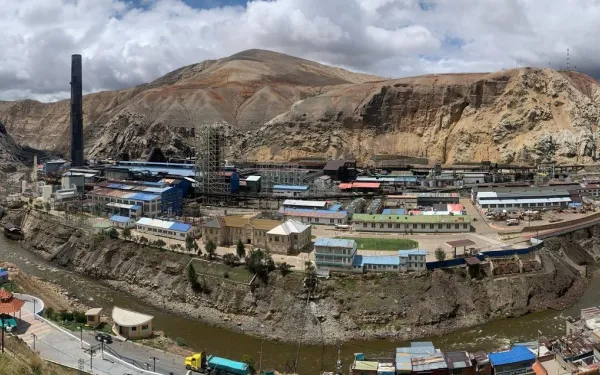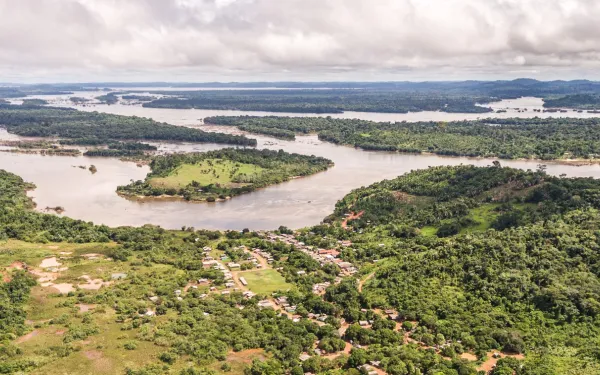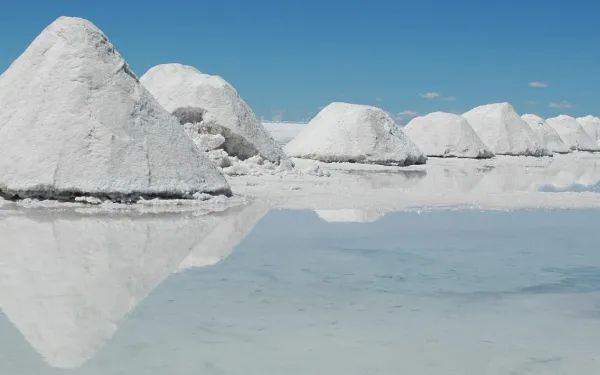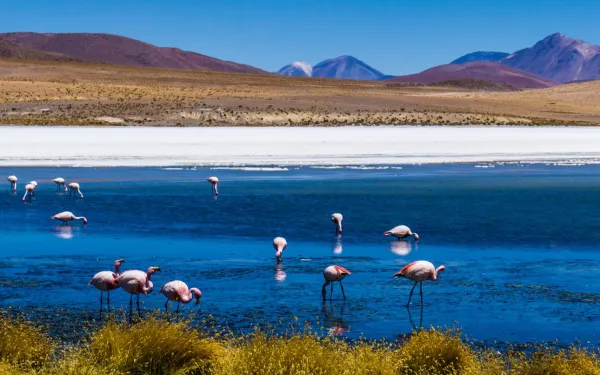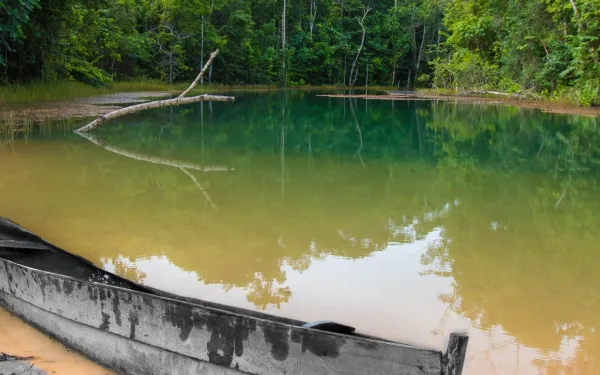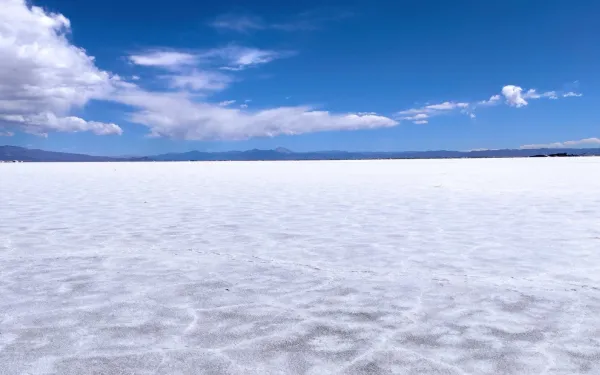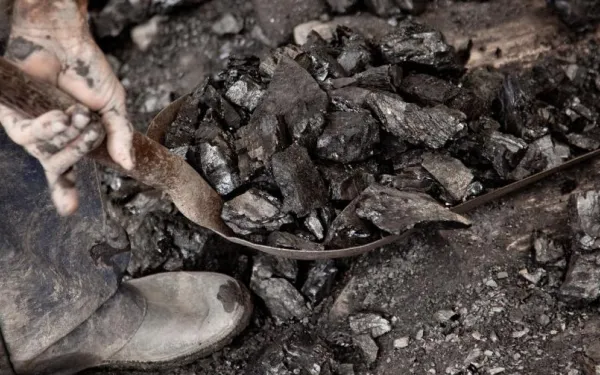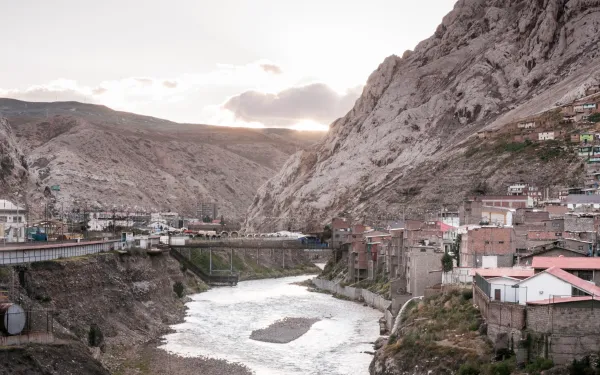
Community of La Oroya wins landmark ruling to stop environmental damage in Latin America
After more than 20 years, the residents of the town of La Oroya in the Peruvian Andes have found justice, opening a major new avenue for protecting a healthy environment throughout the continent. In an unprecedented decision, the Inter-American Court of Human Rights found Peru guilty of violating their human rights by failing to act in a timely and effective manner to protect them from extreme levels of pollution from a metallurgical complex that has operated in their community for nearly 90 years. "Twenty years ago, when this struggle began, I carried my banner saying that children's health is worth more than gold," recalls Don Pablo, a resident of La Oroya. "We never gave up, and now I am very happy with the Court's decision.” La Oroya is located in the central mountain range of Peru, in the department of Junín, approximately 176 km from Lima. In 1992, the US company Cerro de Pasco Cooper Corporation installed the La Oroya Metallurgical Complex to process ore concentrates. The complex was nationalized in 1974 and operated by the state until 1997, when it was taken over by Doe Run Peru, which operated it until 2009. For generations, the inhabitants of La Oroya have inhaled toxic substances that pose serious risks to human health. Heavy metal contamination has invaded their respiratory system, traveled through their bloodstream, and been imperceptibly deposited in several of their vital organs. Most of those affected had lead levels above those recommended by the World Health Organization, and in some cases higher levels of arsenic and cadmium, in addition to stress, anxiety, skin disorders, stomach problems, chronic headaches, and respiratory or cardiac problems. In 1997, AIDA became involved in defending the rights of the La Oroya community. Our publication La Oroya No Espera (La Oroya Cannot Wait), published in 2002, helped bring the gravity of the situation to international attention. In 2006, in the absence of effective responses in Peru, we joined an international coalition of organizations in filing a complaint against Peru before the Inter-American Commission on Human Rights. In 2021, the Commission established the responsibility of the Peruvian government in the case and referred it to the Inter-American Court. In October 2022, more than 16 years after the complaint was filed, the victims presented the case to the Court in a public hearing, represented by AIDA and the Asociación Pro Derechos Humanos (APRODEH), with the support of Earthjustice. Since 2009, when the metallurgical complex ceased operations due to Doe Run Peru's financial crisis, the levels of heavy metal contamination have not been reduced to acceptable levels. Nor has the situation of those affected improved significantly in recent years. Although the Peruvian government has known since 2009 that all children living near the complex are suffering from lead poisoning, it has not provided them with adequate medical care. But there is no deadline that will not be met. On March 22, the Inter-American Court of Human Rights gave a powerful response to more than two decades of seeking justice. The Court found that Peru was guilty of violating the rights to a healthy environment, health, personal integrity, life with dignity, access to information, political participation, judicial guarantees, and judicial protection of the 80 people involved in the case; of violating the rights of the children of 57 victims; and of violating the right to life of two others. "This is the first judgment that recognizes the international responsibility of a state for violating the right to a healthy environment and other related rights," says Rosa Peña, AIDA Senior Attorney. Ver esta publicación en Instagram In addition, the Court ordered the State to adopt measures of integral reparation for the damage caused to the people of La Oroya. These include the prosecution and punishment of those who harassed the residents for their environmental defense work; the preparation of a remediation plan for air, soil, and water contamination; the provision of free and specialized medical care to the victims, as well as to other residents with symptoms and illnesses related to mining and metallurgical activities; the updating of air quality regulations to ensure the protection of the environment and human health; the provision of monetary compensation to the victims; and the creation of an air, water, and soil quality monitoring system. It also ordered that the operations of the La Oroya Metallurgical Complex—which was transferred to the workers of Doe Run Peru as part of the company's liquidation—comply with international environmental standards and prevent and mitigate damage to the environment and human health. The Court's decision is not only a unique opportunity to restore the dignity and rights of the people of La Oroya. Its scope extends beyond the Peruvian context, making it an important precedent in Latin America for the protection of the right to a healthy environment and for adequate state oversight of corporate activities. Among other things, the Court established the obligations of states to regulate, monitor and control air and water quality, to identify sources of pollution, and to implement plans to enforce air and water quality standards. The Court held that in order to establish state liability for environmental damage, it is sufficient to show that the state, despite being aware of the existence of high levels of pollution, failed to take adequate measures and thus allowed the pollution to continue, thereby posing a significant risk to human health. In light of the judgment, states must prevent human rights abuses by public and private enterprises. Businesses, for their part, must prevent their activities from causing or contributing to human rights abuses and take steps to remedy such abuses. Defending the right to a healthy environment has been part of AIDA's history since our inception and has always been a collective effort. We celebrate and recognize all the people who, from different sectors, roles and capacities, made possible the historic result of the La Oroya case. With renewed vigor, we will work for the proper implementation of the judgment and for the establishment of new important precedents that will guarantee in practice the universal right to a healthy environment in the region.
Read more

